Catherine Ye (Zhiqing)
An Adaptive Calendar:
Aligning with Your Unique Rhythm and Emotional Needs...
By focusing on personal rhythms and integrating emotion-based feedback, this product allows users to maintain their unique pace and preferences, ensuring a customized and adaptive approach to productivity. The ultimate goal is to foster a harmonious relationship between work and personal life while minimizing cognitive strain.
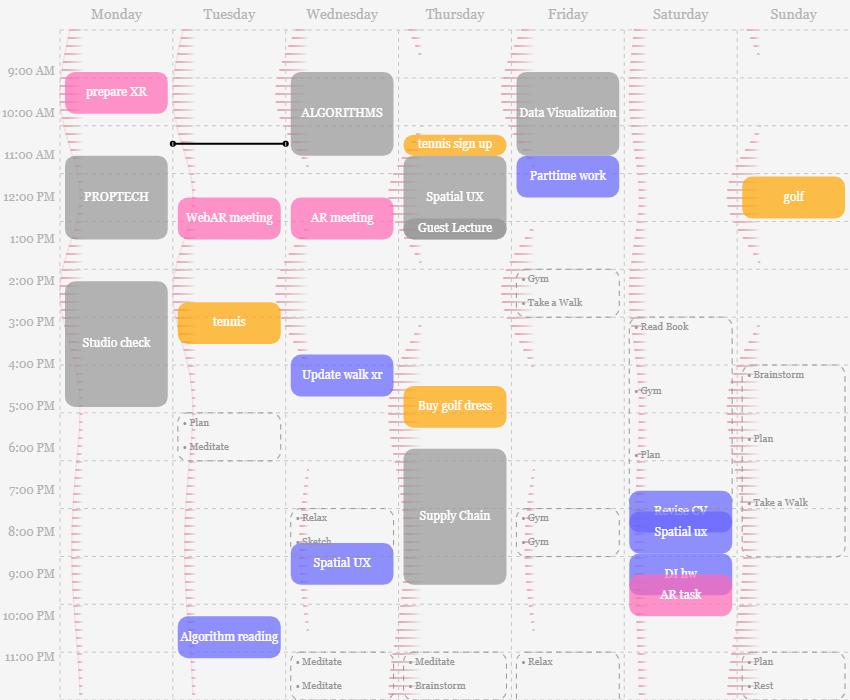
Seeking a More Intuitive and Adaptable System
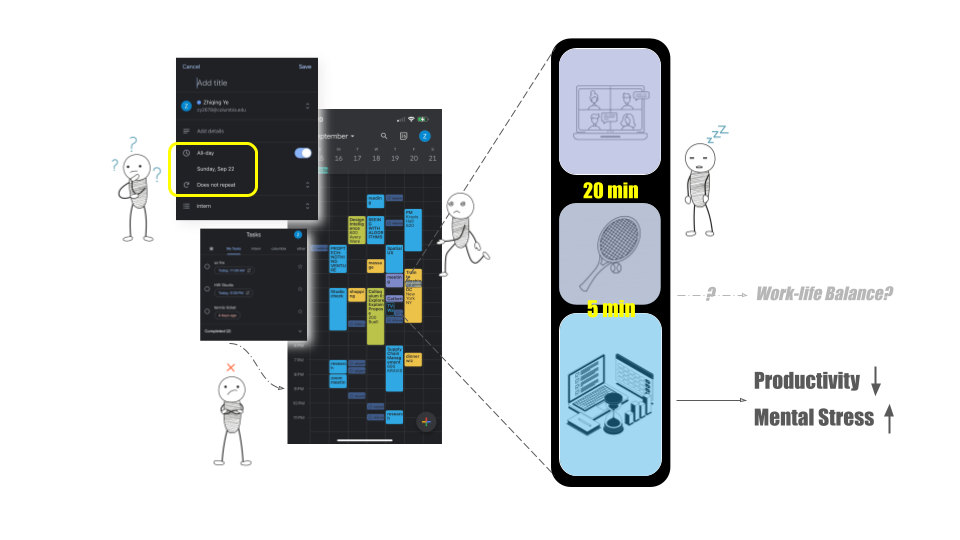
The lack of seamless integration, personalized features, and flexibility to handle dynamic schedules often leaves users feeling constrained rather than supported, ultimately diminishing their productivity and emotional satisfaction.
Pain Points
Stress from Chaotic Schedules & Unpredictability
Facing a chaotic workload often reduces efficiency, with stress levels increasing when tasks take longer than anticipated.
Disconnection from Personal Values & Emotional Well-Being
Without intentional balance, this misalignment can erode well-being and create a sense of dissatisfaction that impacts both personal fulfillment and professional performance.
Blurred Boundaries
& Work-Life Imbalance Cause Low Efficiency
When time and energy are stretched thin, both personal fulfillment and professional effectiveness suffer, creating a cycle of stress and diminished productivity.
Insights from anonymous survey

Find the pattern of emotional relationship with schedules




Circadian Rhythm
Use existing datasets on circadian rhythms and productivity patterns to build a machine learning model capable of predicting the user’s optimal times for work, rest, and creativity.
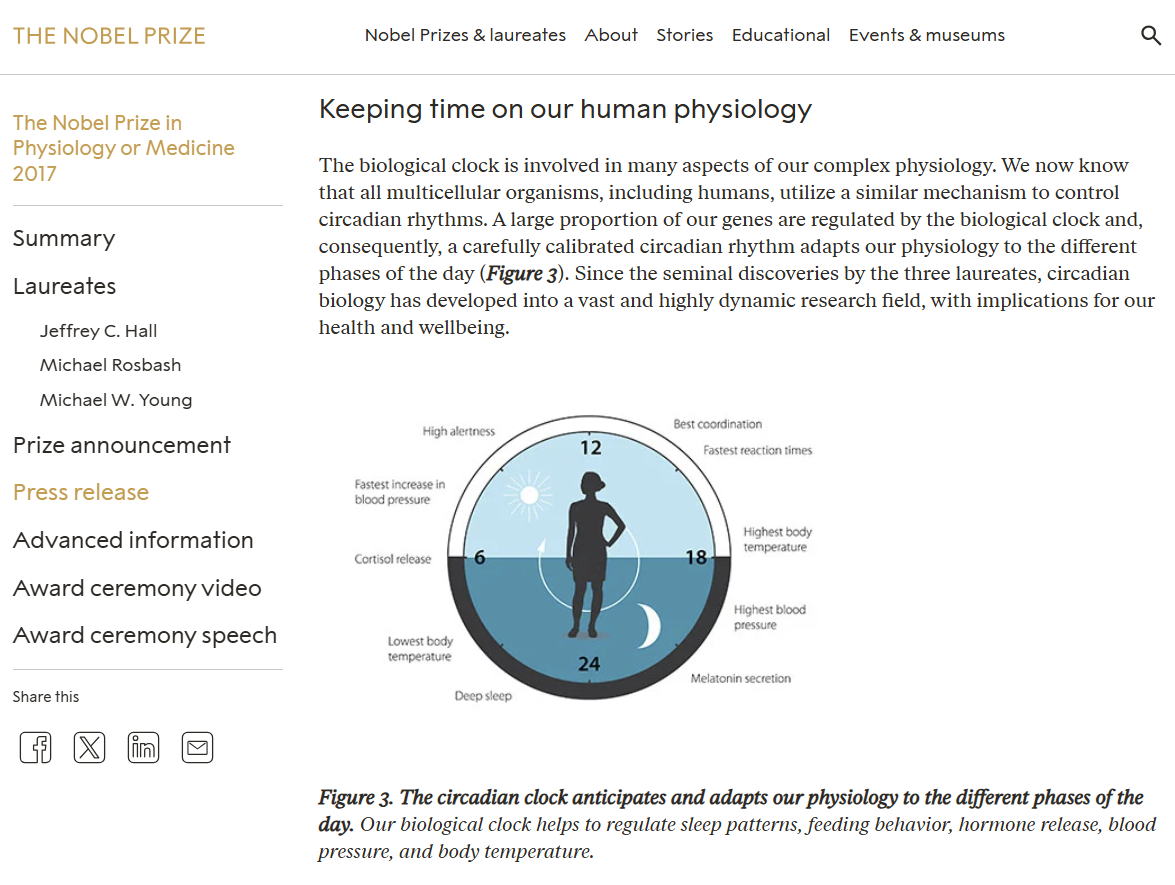

Giorgia Lupi
By distilling our personal experiences (our activities, thoughts, behaviors, relationships) into what we so coldly call data, and by actively building her datasets and expressing them as a designer and artist, she seeks to grasp glimpses of humanity and discover overlooked details.
Data is not only abstract numbers but contains deeply personal narratives waiting to be uncovered.
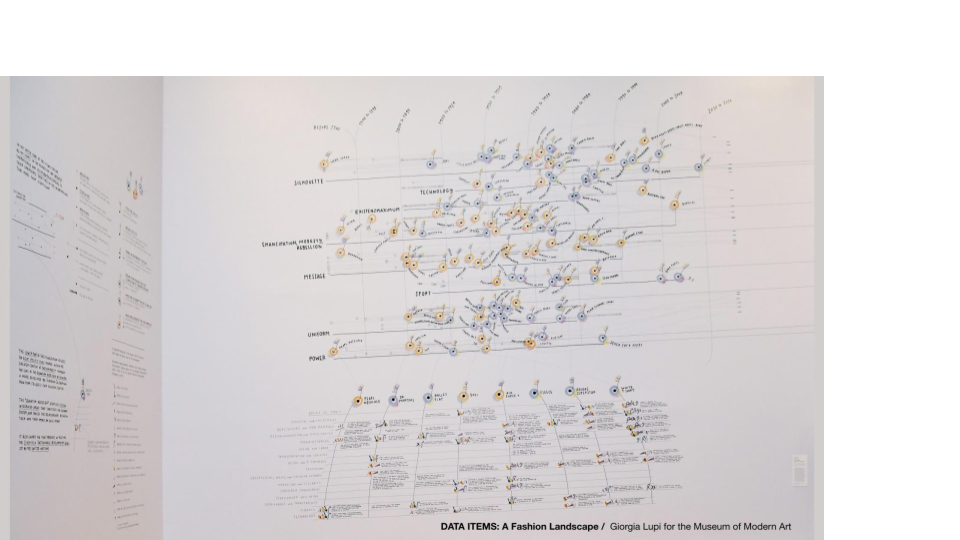

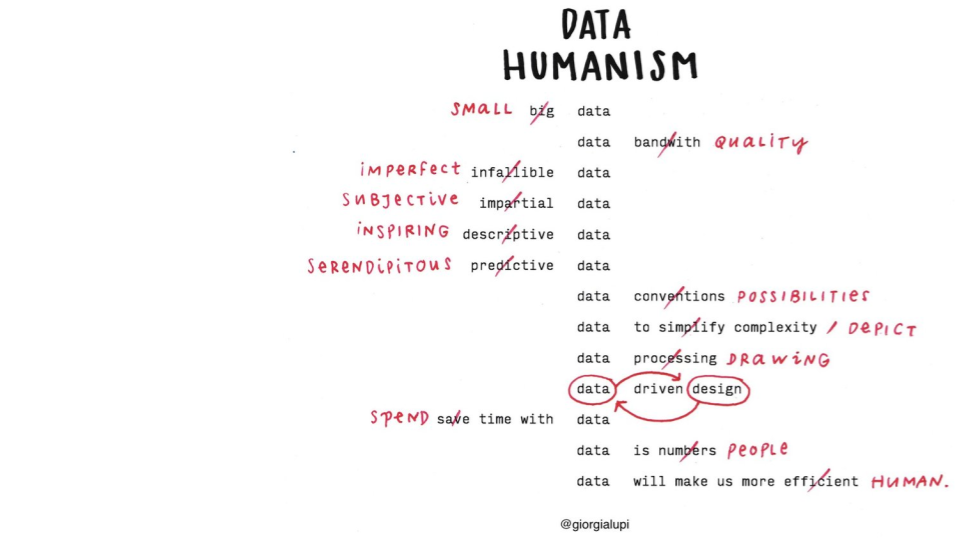
Learning from my own Data
1. Intense login (one-day journal)
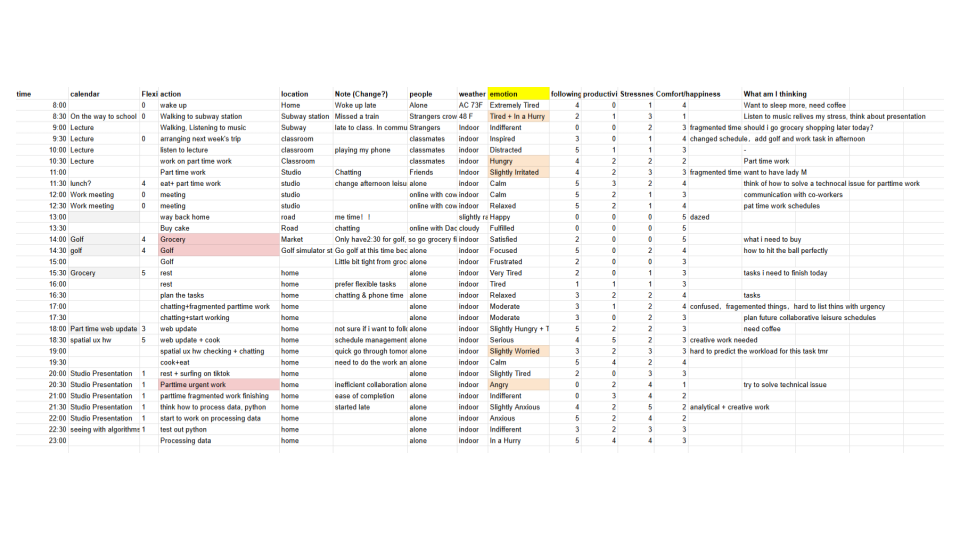
2. Data Visualization
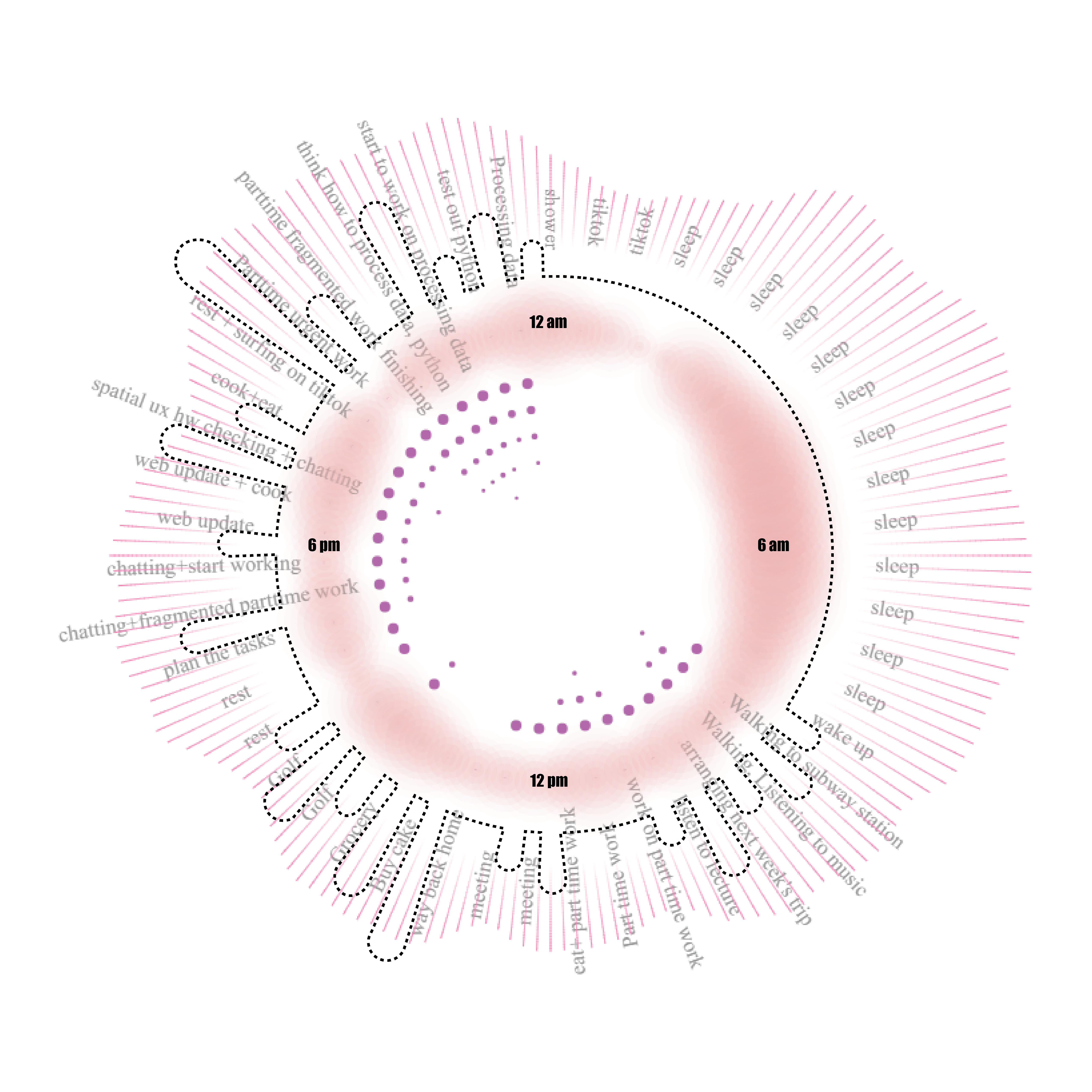
How it works
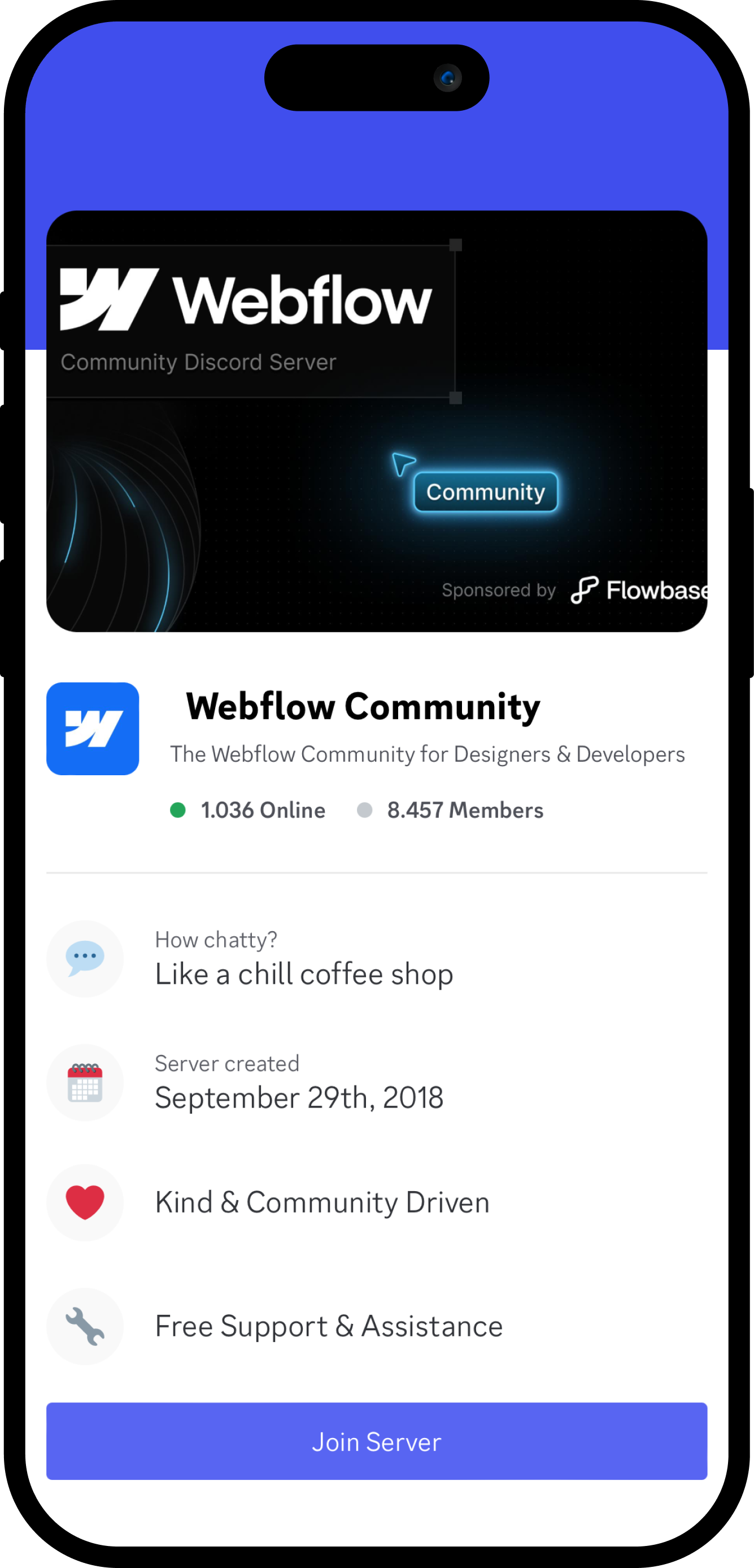
Getting Started!
Import your Google Calendar data or manually type-in your schedules.
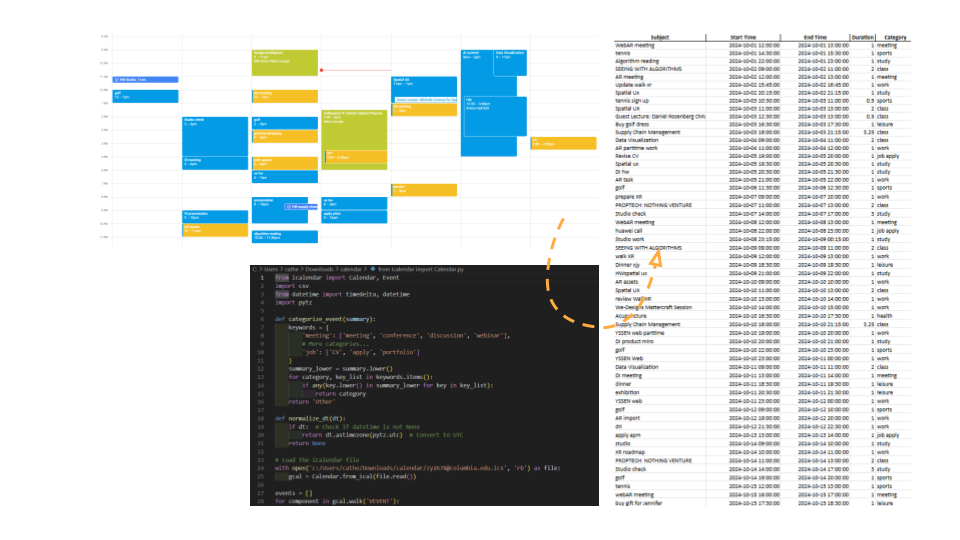
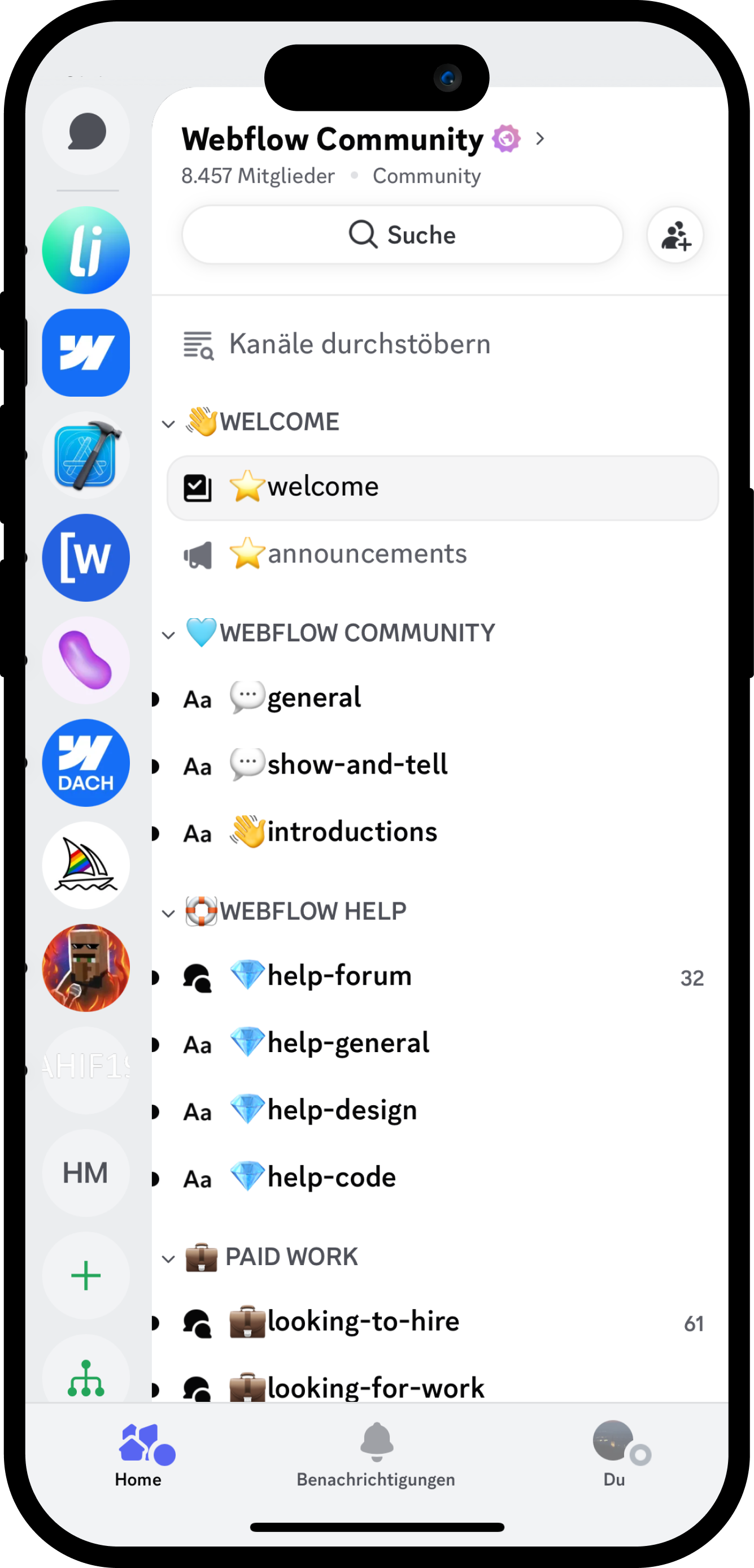
Moderate your schedules with emotion feedback
Discover what's missing between calendar schedules and the real actions...
Text-based emotion analysis system:
Use natural language processing (NLP) models (e.g., BERT or GPT-based models) to interpret user inputs.
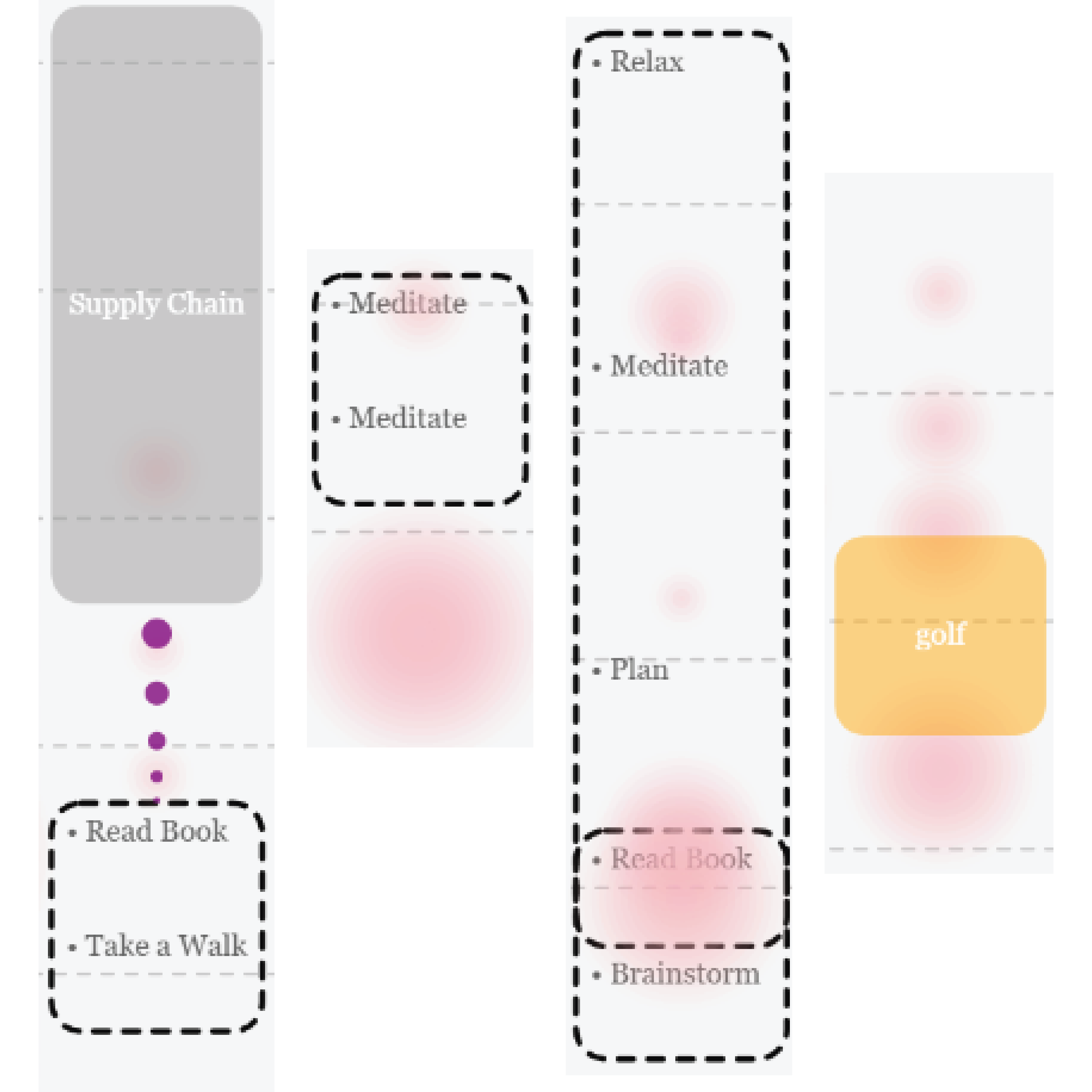
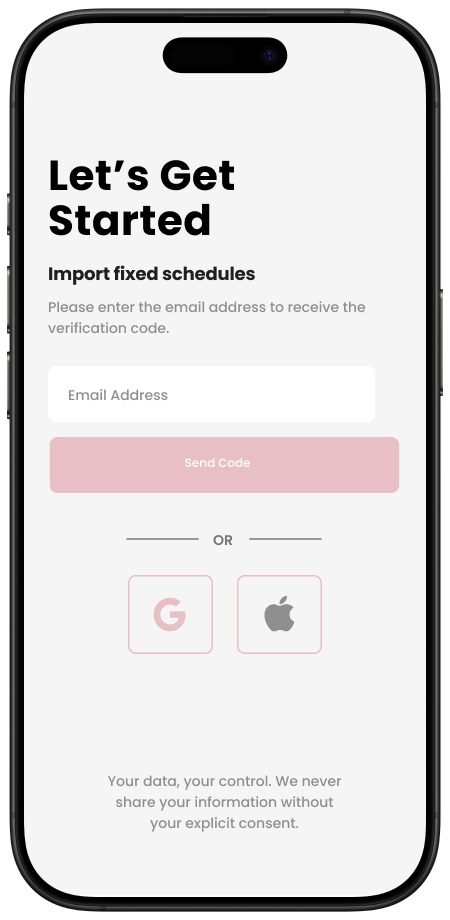


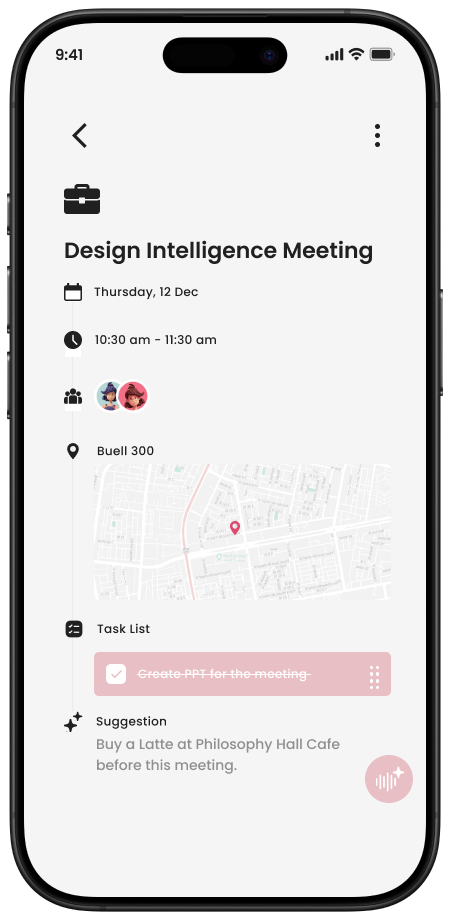
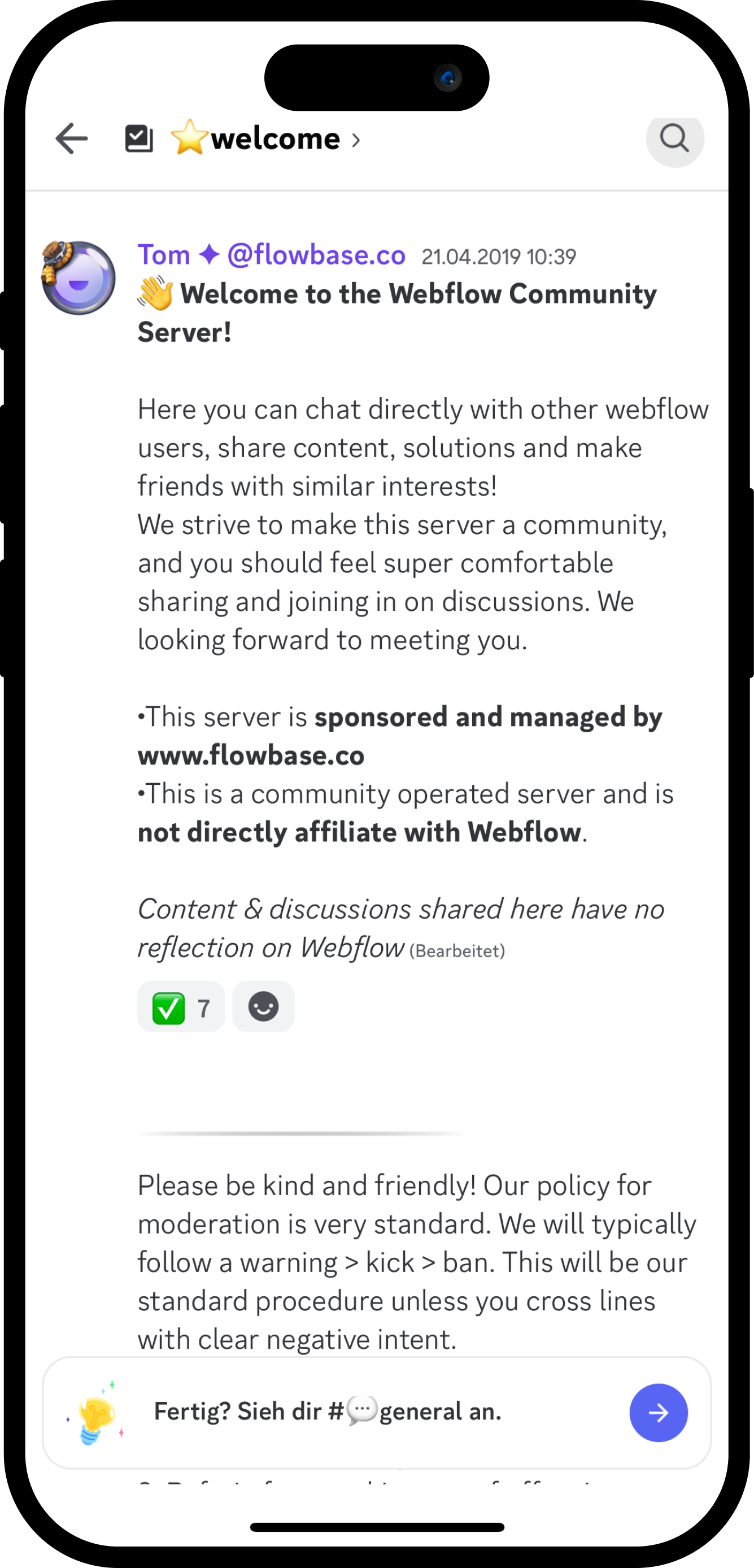
Elevate Productivity with your own pace
A personal LLM apply circadian rhythm onto the calendar...
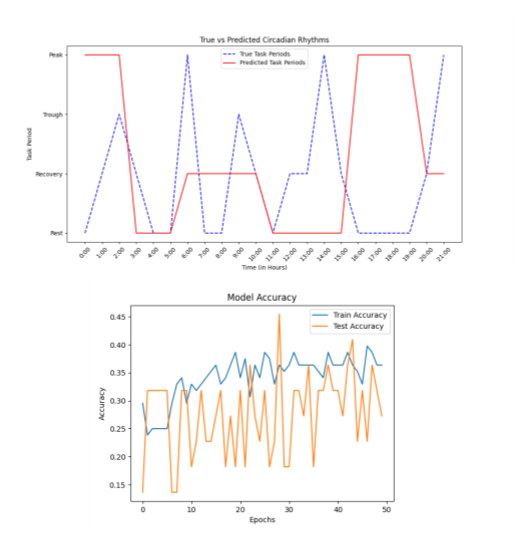
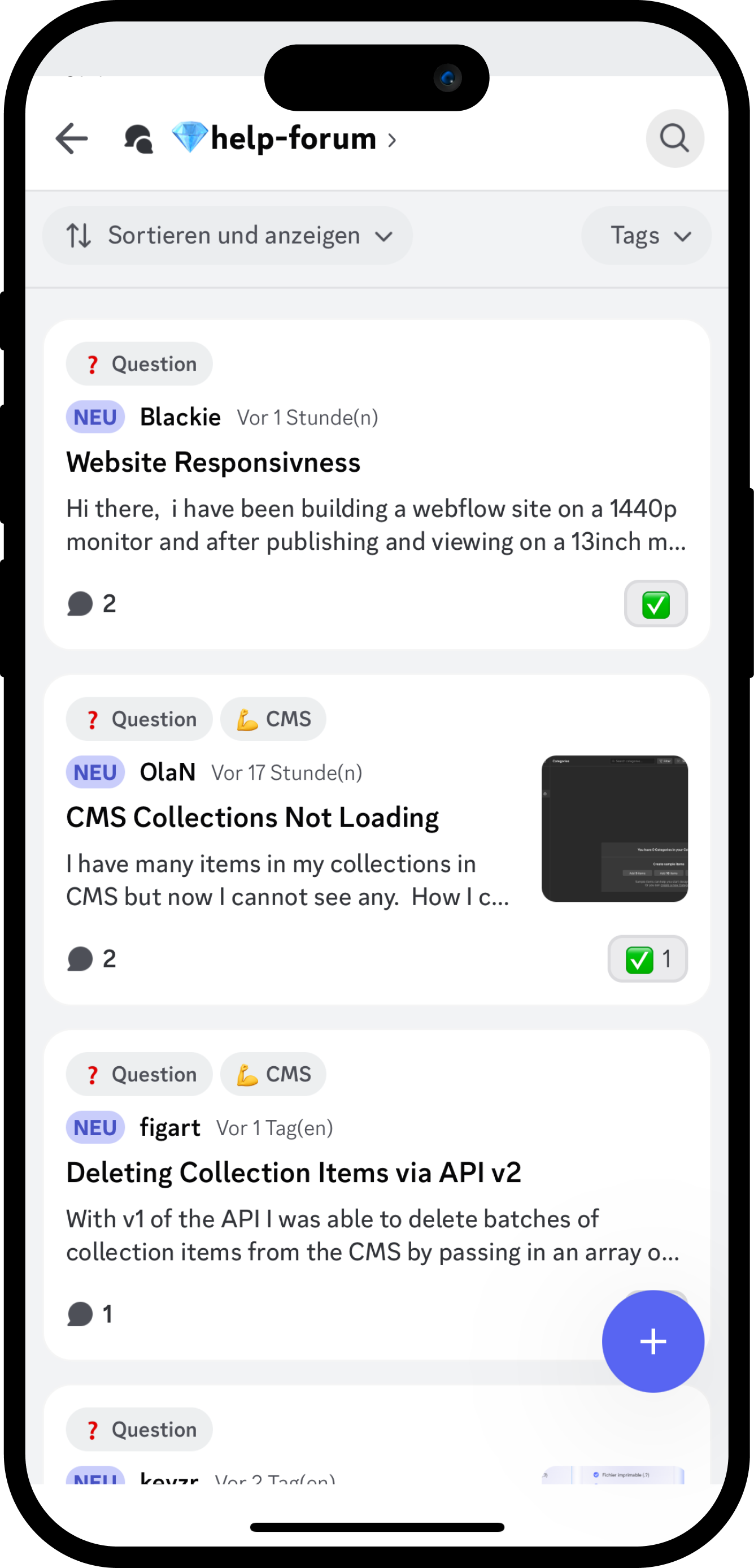
Simple way to schedule personal or group tasks
Open AI text feedback to schedule a task...
Potential targeting users
- Dynamic adjustment of schedules based on real-time workload.
- Environmental enhancements to improve focus and reduce eye strain.
- Notifications for breaks and exercises to maintain mental and emotional health.

Sarah Mitchell
Remote Worker
- A solution for physical and emotional well-being addressing workload and environmental stress.
- Real-time analytics for monitoring stress levels and preventing burnout.
- A scalable, adaptable system tailored to diverse employee needs and stress factors.

Laura Evans
The (EAP) Manager
- Organizational tool for children's daily tasks to reduce cognitive stress.
- Real-time monitoring with wellness suggestions for children's balance.
- Adaptable home environment that promotes focus and relaxation during study.

Mei-Lin Zhang
Mother